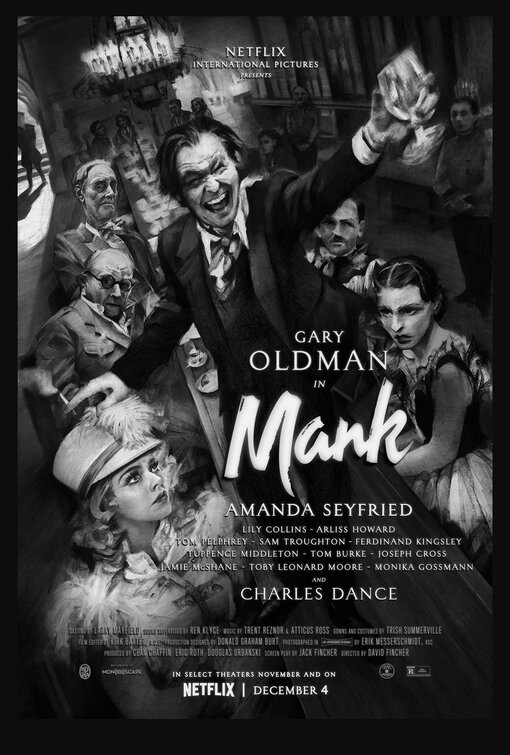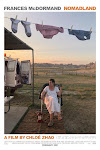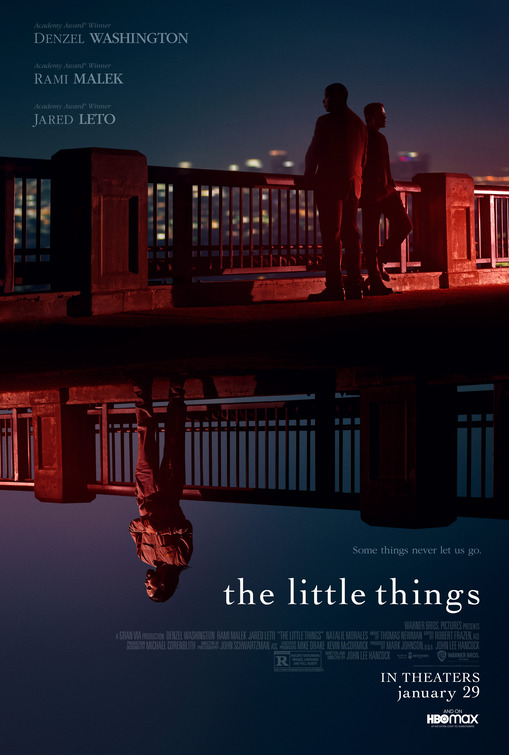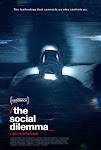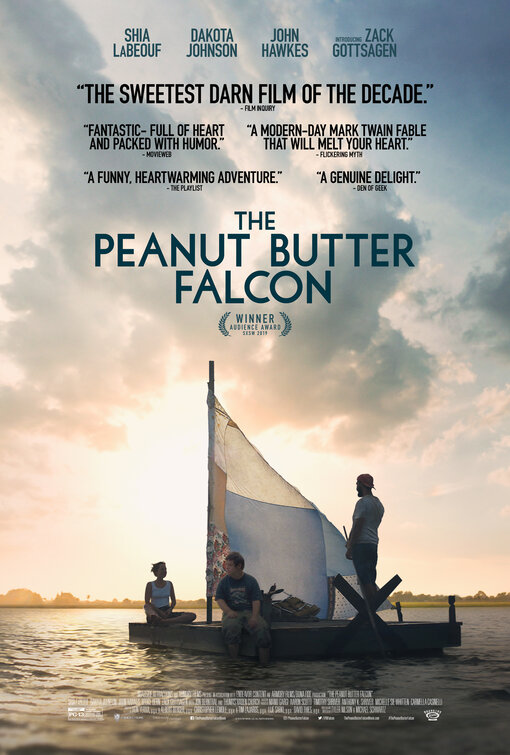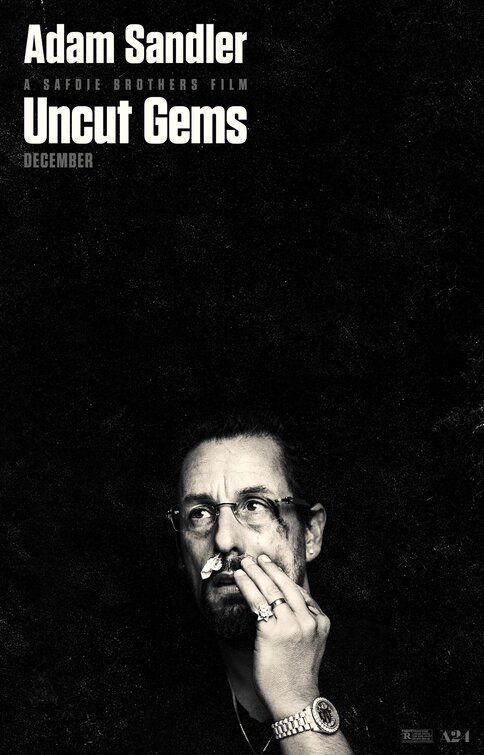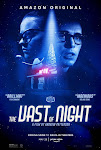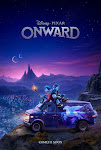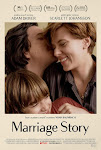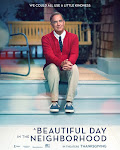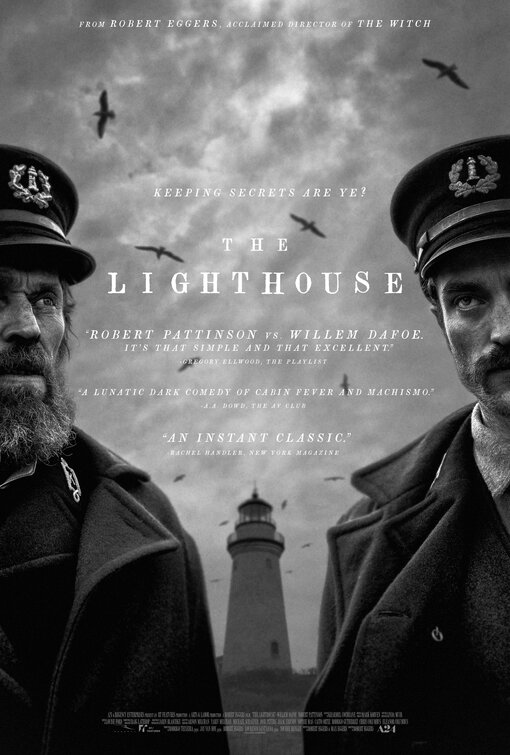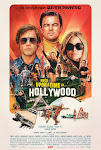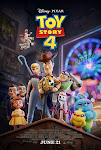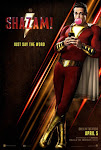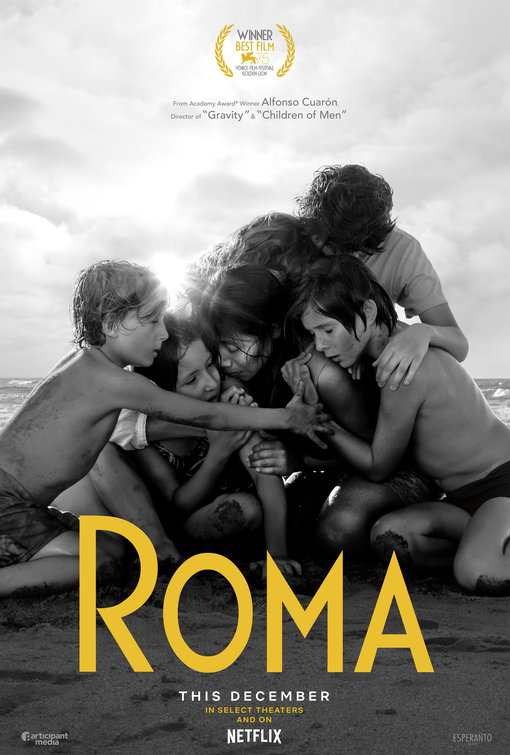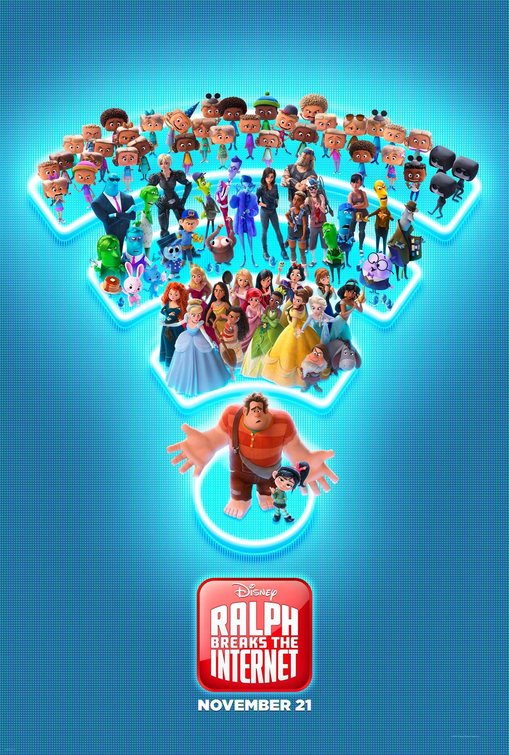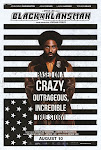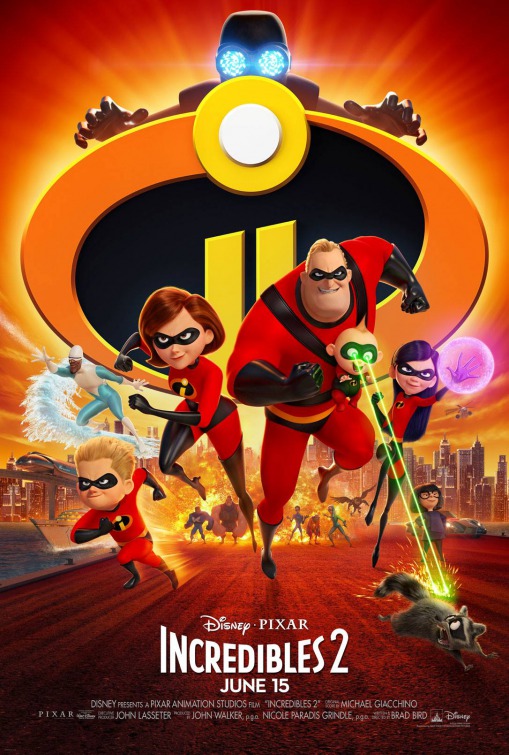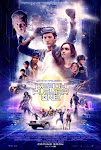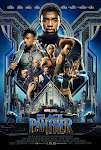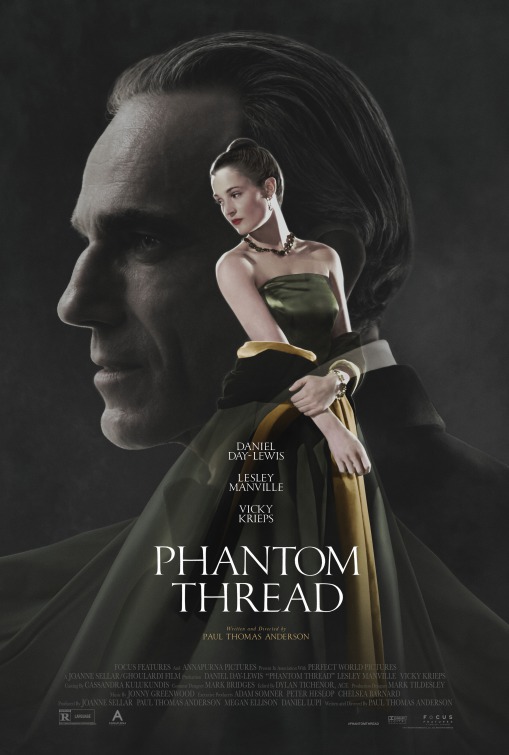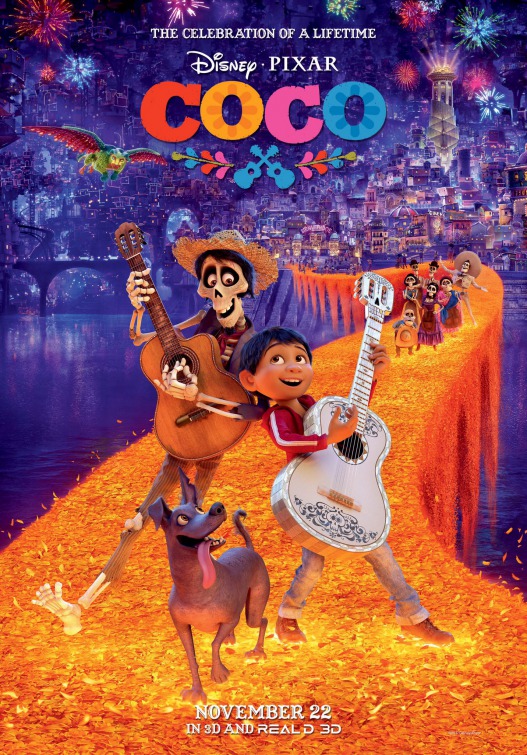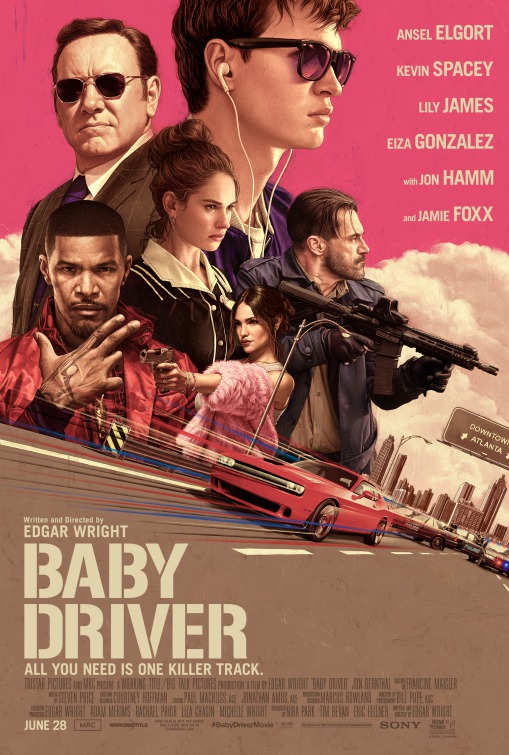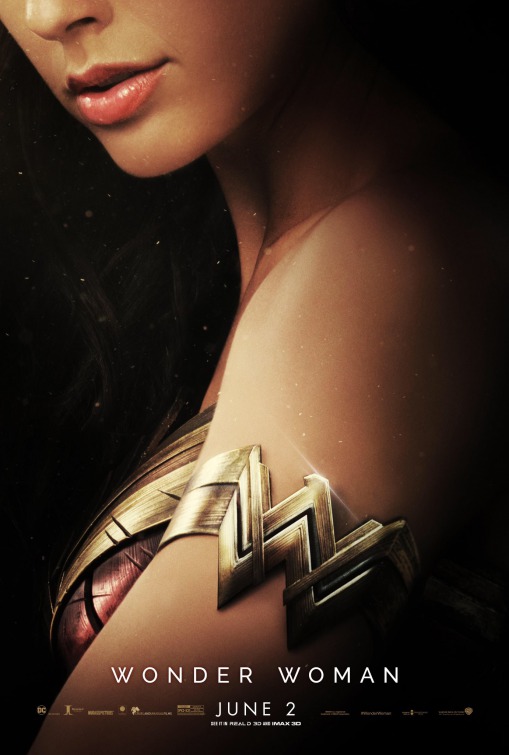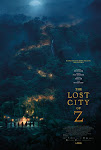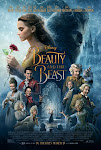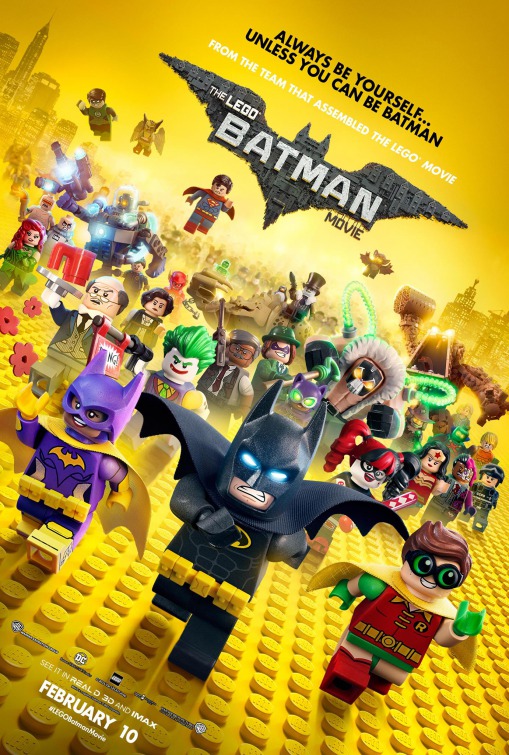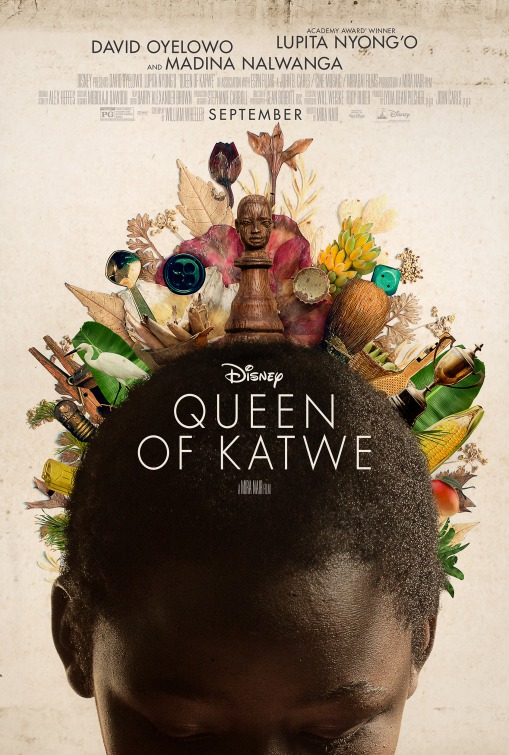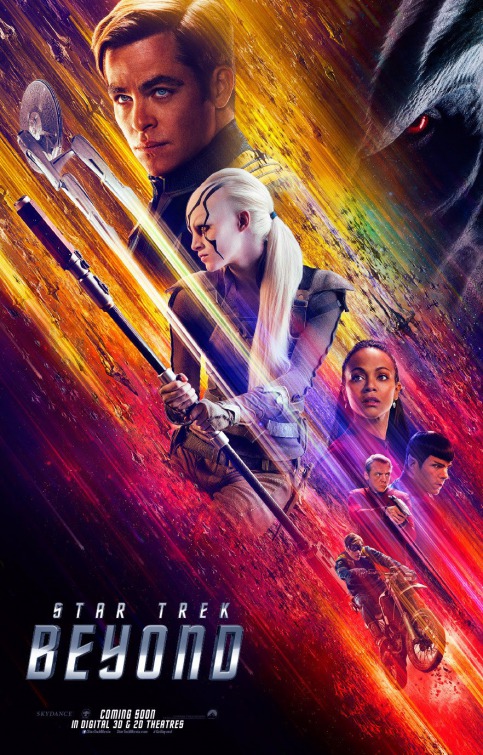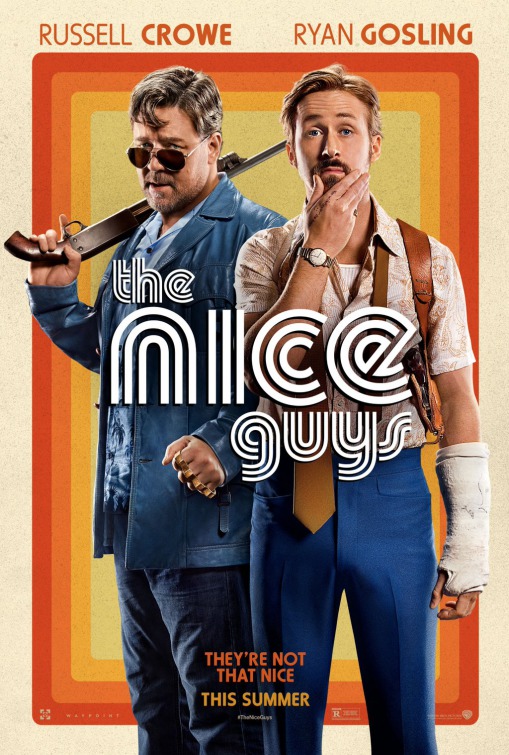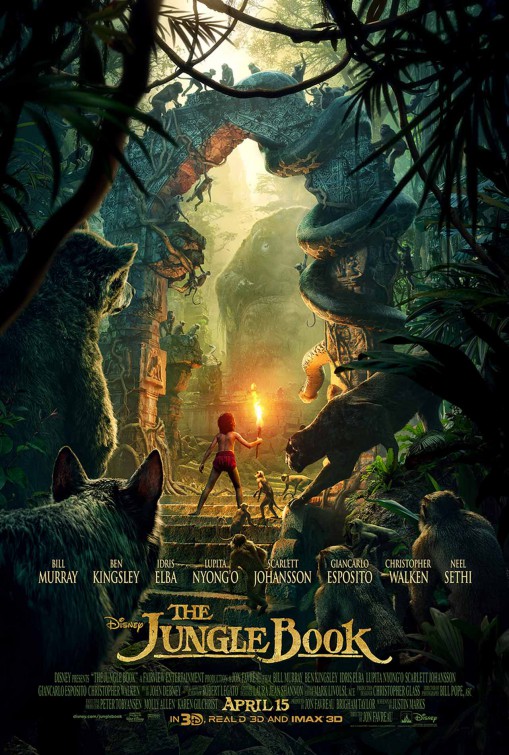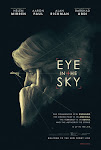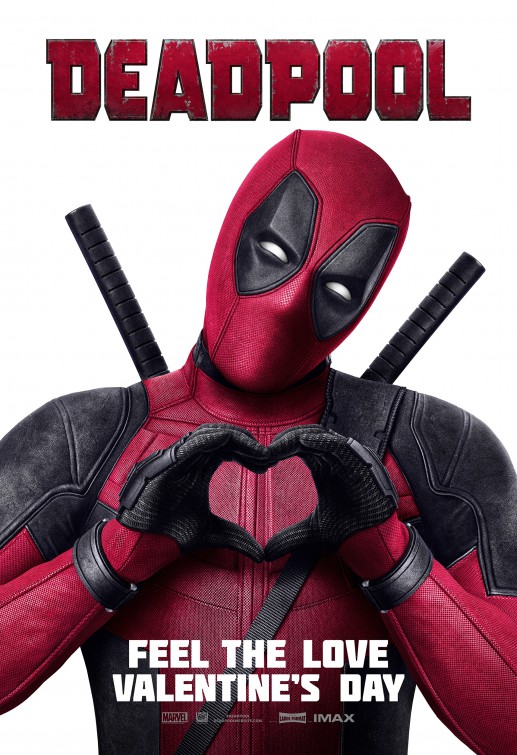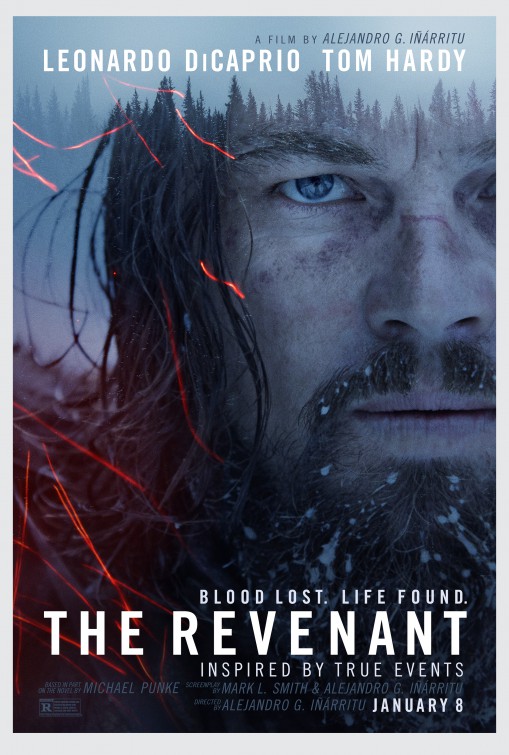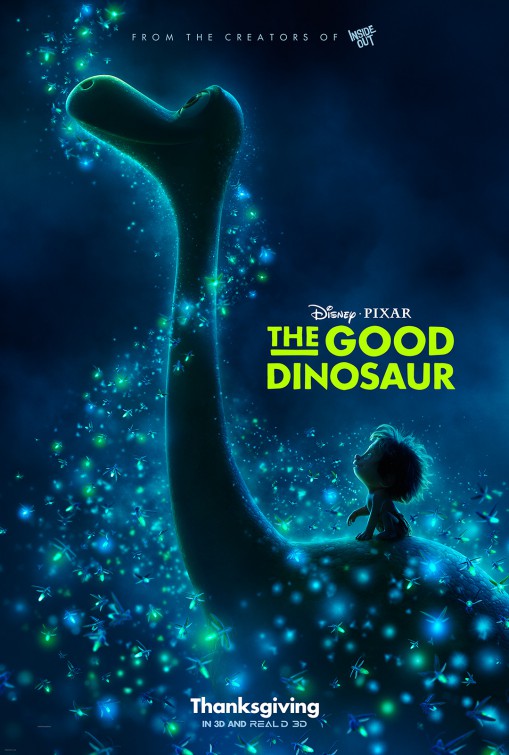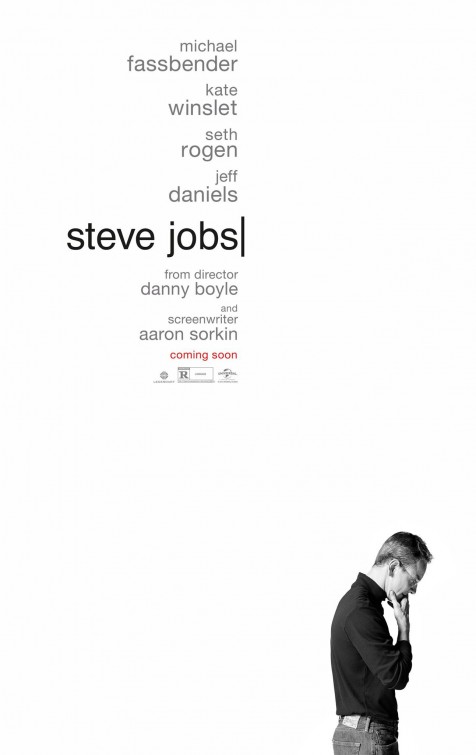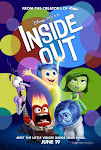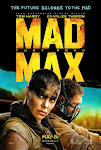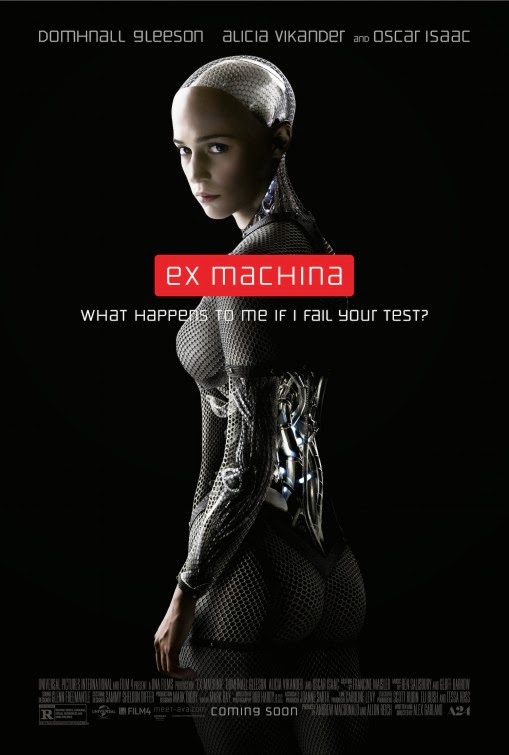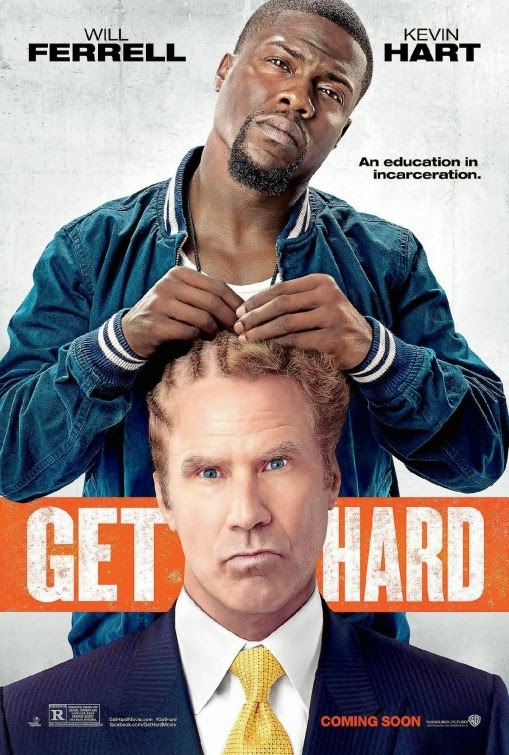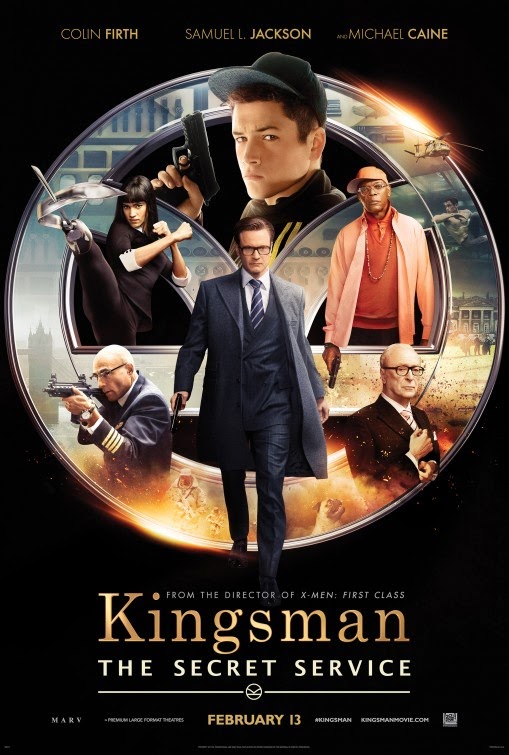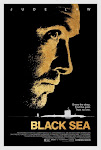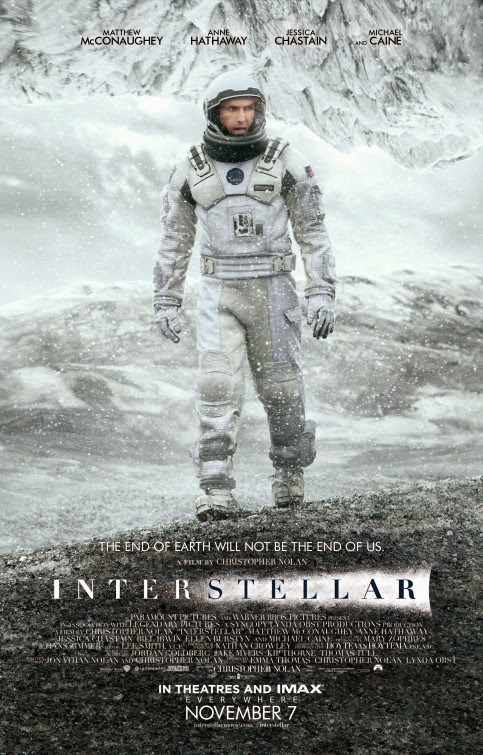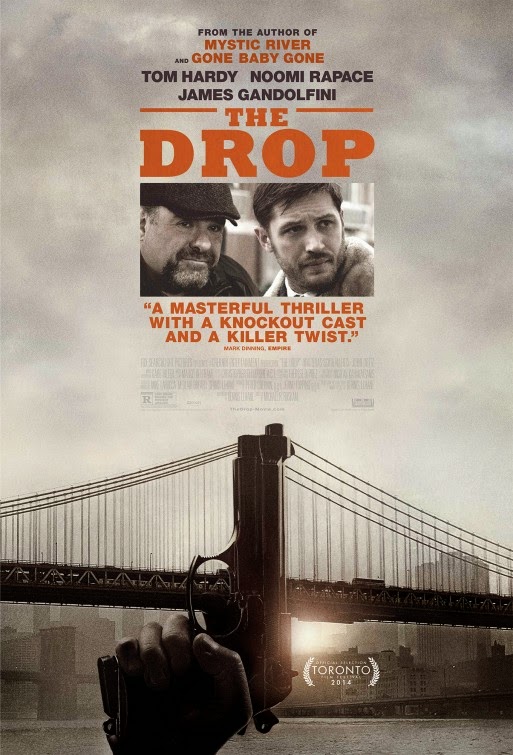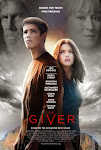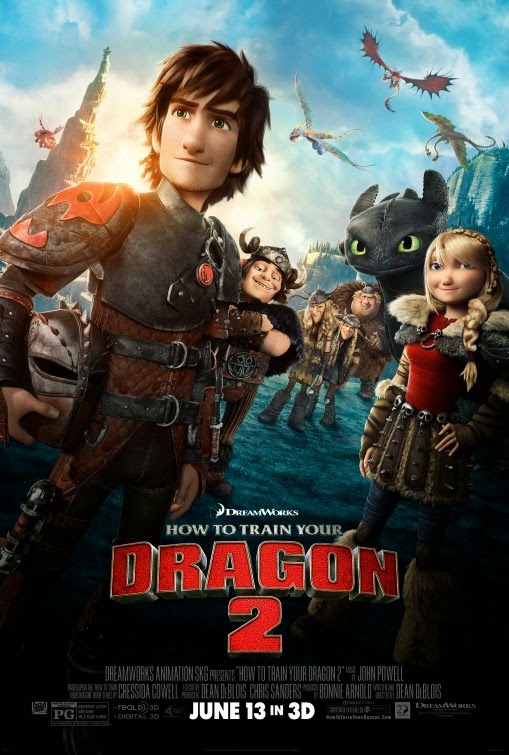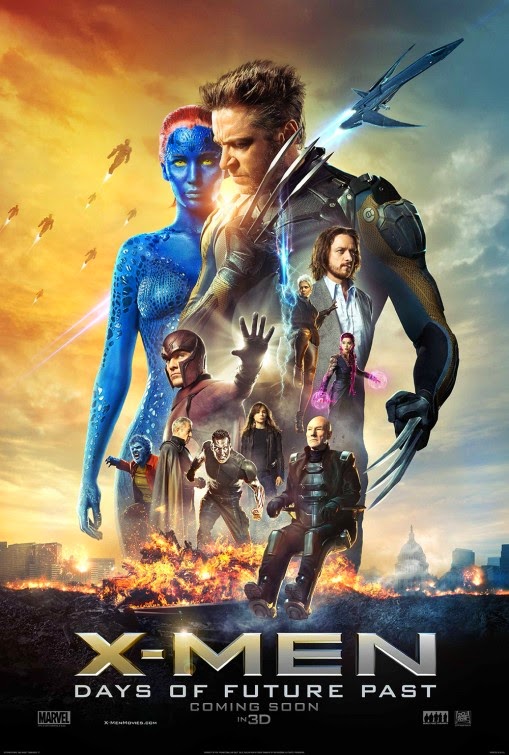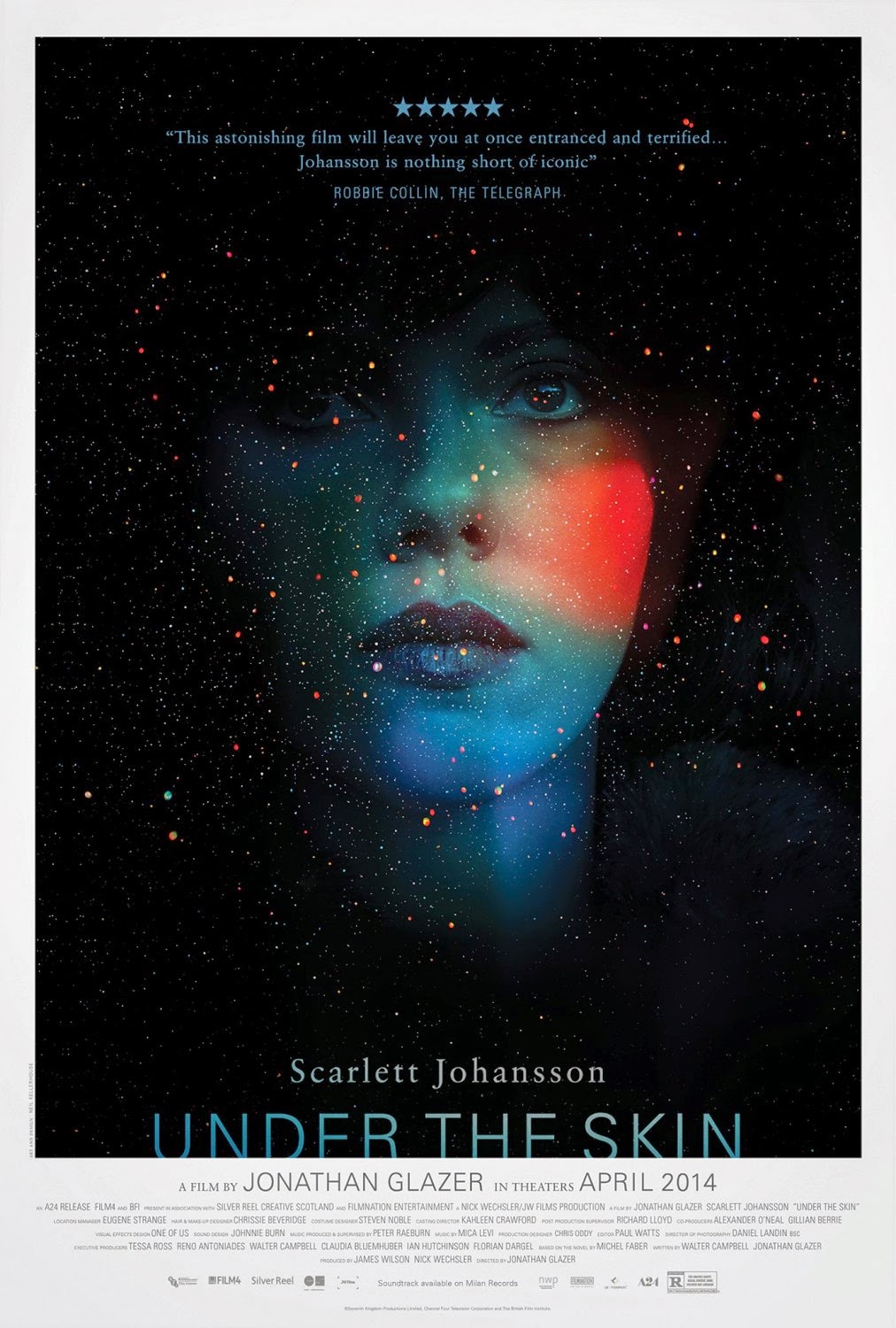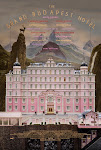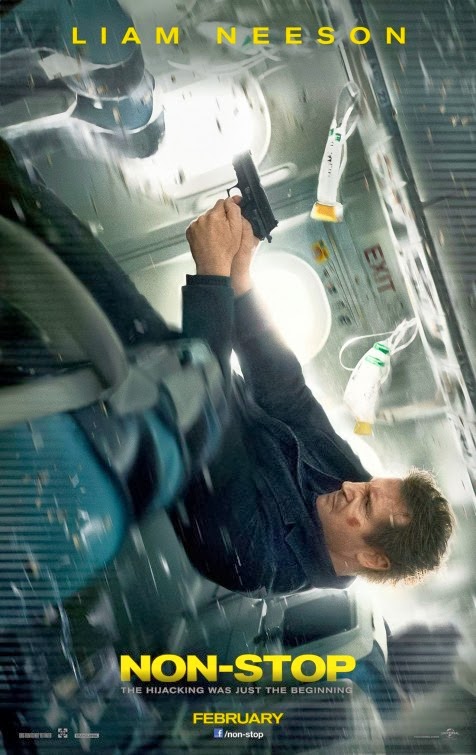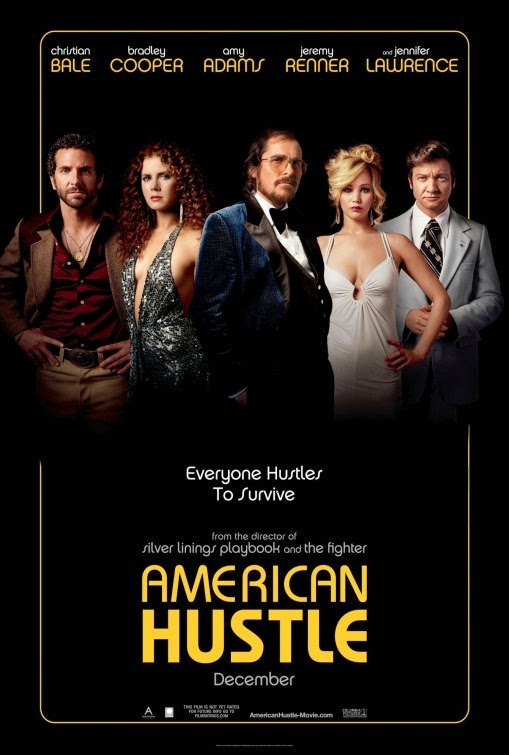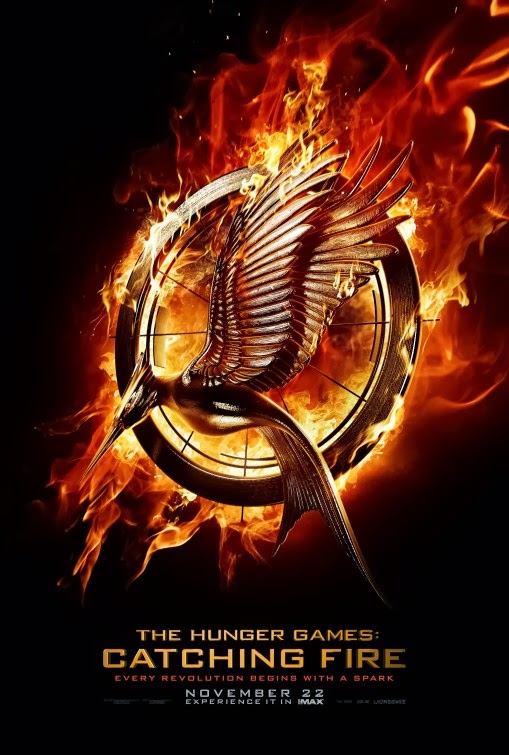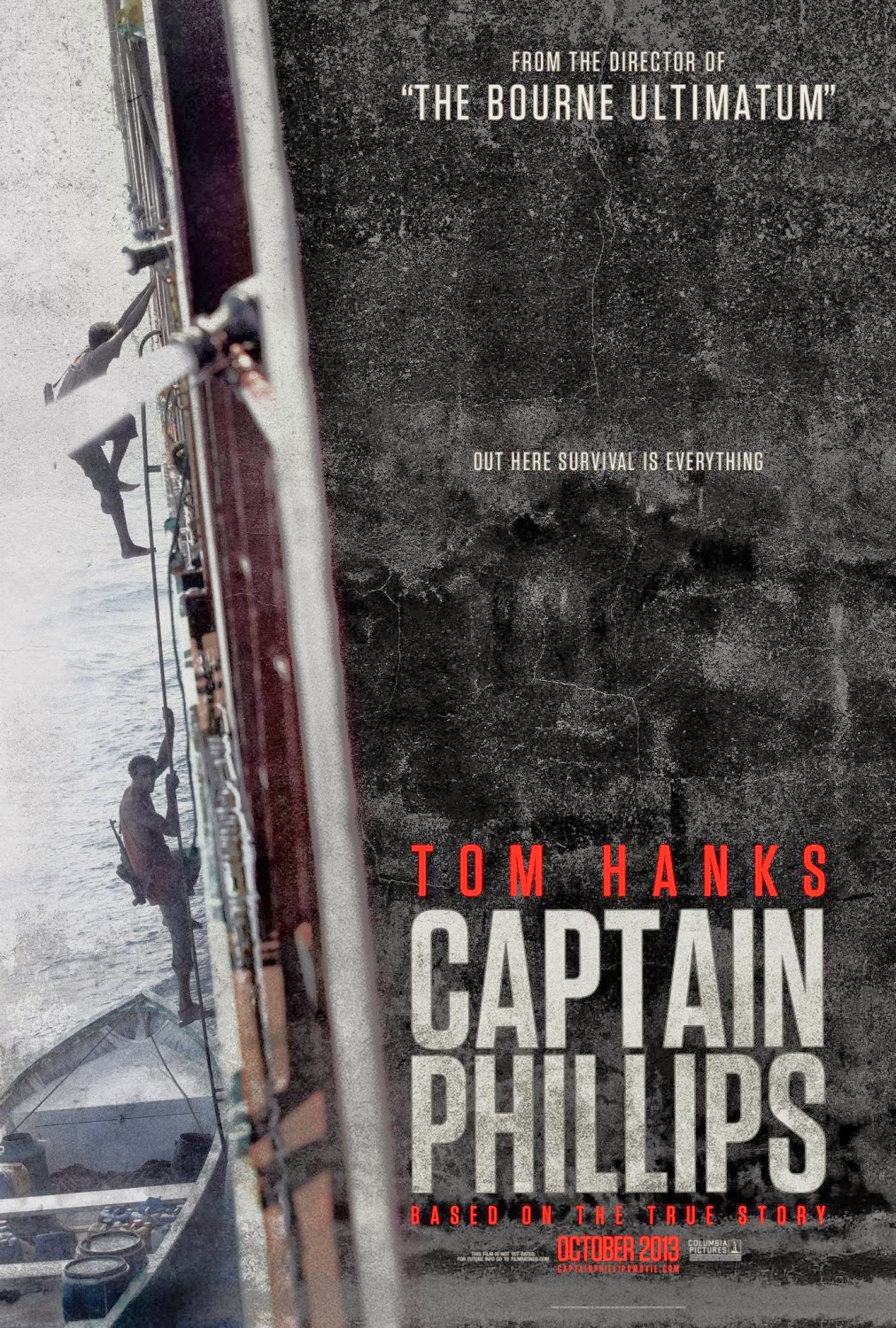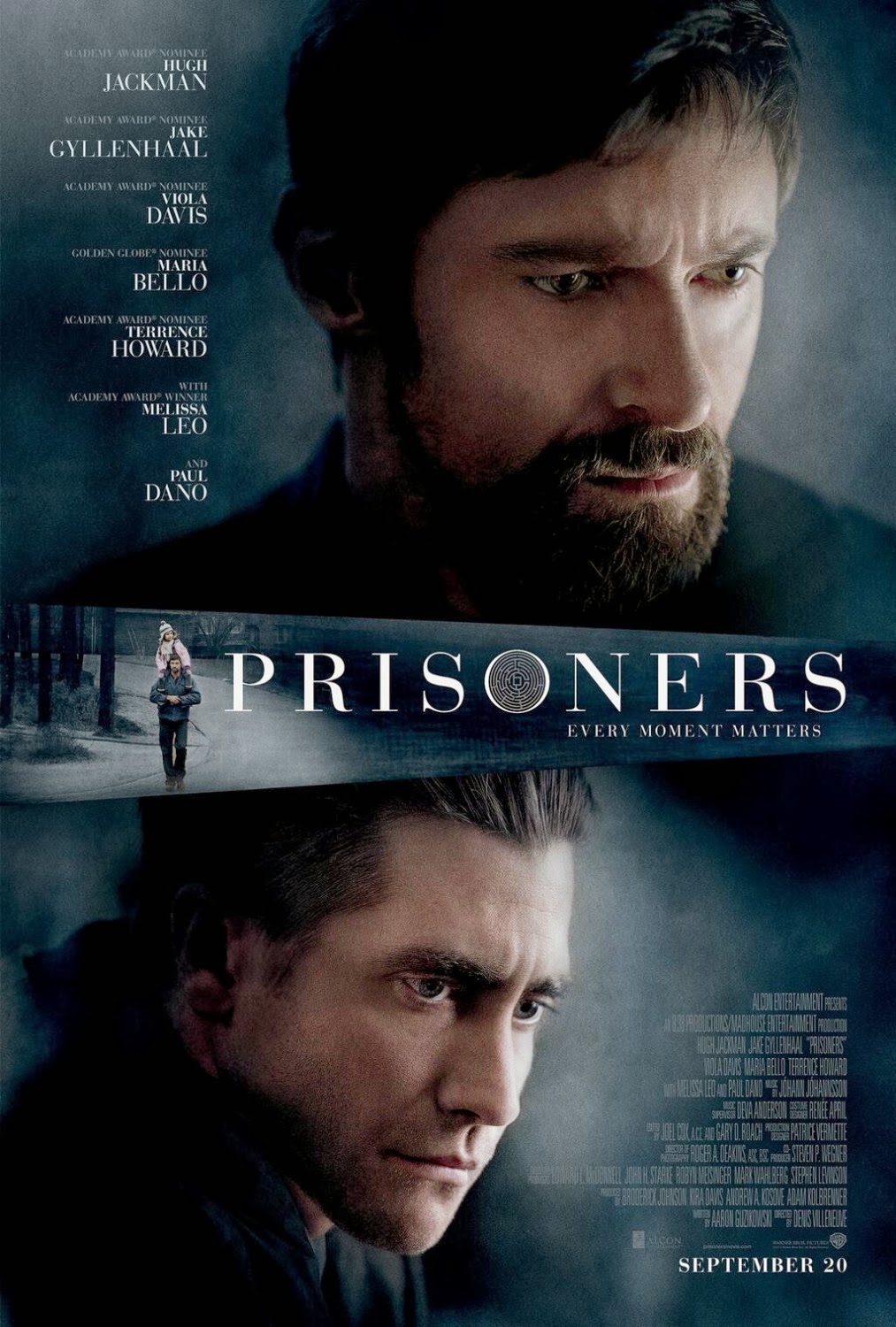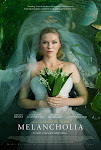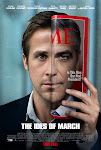By Matt Duncan
Coastal View News
Jeff Bridges is Bad Blake, and with his help, “Crazy Heart” finds a way to surpass other movies of its kind. “Crazy Heart” does not do substantively more than has already been done, but this movie succeeds insofar as it mirrors a true country song; that is, with a slow pace and words that reverberate long after they have been sung.
Bad Blake (Jeff Bridges) is a real country musician; he isn’t packaged, censored, or gentile. His charm is in his repudiation of all things charming, and his gravelly voice and stubbly beard don’t give due to his name nearly as well as does his lifestyle and demeanor. In short, Bad Blake is made from the stuff of legends.
Unfortunately, even legends age, and unless they can evolve into a new phase of fame, legends die. Bad Blake is no exception. By the outset of “Crazy Heart”, Blake has already made the transition from a country music rock star that strums to the sound of 10,000 screaming fans into a washed-up has-been croaking to the beat of the murmurings and vacuum cleaners at local bowling alleys.
Blake’s agent begs him to write new material—to adjust to the new demands of his art—but Blake is prevented from revamping his career by the strain of countless roadside venues and the wear of too many long nights of heavy drinking. That is, until Jean Craddock drops in for an interview.
Jean Craddock (Maggie Gyllenhaal) is a local newspaper reporter who catches a break when Blake agrees to do an interview with her. However, the real purpose of the interview is obscured by the ever-amorous Blake, who is more interested in wooing Craddock than he is in scoring some local press. After several loosely conducted interviews Craddock begins to get a deeper sense of Blake, both professionally and personally. Despite the fact that Blake has already been married four times and has a reputation as a philanderer, Craddock cannot help but fall in love with the aging icon.
Craddock gives Blake a new verve that shakes him from his musical slumber. The new Bad Blake finds his creativity piqued in the twilight of his career as he strives to be successful while also allowing himself to be tamed by Craddock and her son, Buddy (Jack Nation).
But Blake’s renaissance is not without its tensions. In particular, the aging musician battles an alcohol addiction—one that not only threatens his increasingly fragile health, but also puts strain on his budding relationships. Bad Blake must reform or decline; remake himself or die.
At first, “Crazy Heart” has the feel of musical biography films like “Walk the Line” or “Ray”. This is rather odd, considering that Bad Black is a fictional character, and much of the appeal of musical biography films is in their ability to expose the human side of real-life legends. Nonetheless, Bad Black feels real, and so do his struggles.
Now, I must confess that the appeal of this genre of film is somewhat lost on me. I do not understand what is so intrinsically interesting about aging and washed-up head cases that aimlessly veer towards destruction. So I cannot say much in favor of that aspect of “Crazy Heart”. But what I can say is that Jeff Bridges is utterly fantastic. Bridges sings all of his own songs, for instance, and if he were not every note, strum, and swig of Bad Black in another life, you wouldn’t know it.
The themes in this movie are also interesting. Even if they are a bit clichéd, their artistic delivery gives them new life. Perhaps the most transfixing moment of the whole movie takes place during the closing credits when “The Weary Kind”—the movie’s theme song—is sung by Ryan Bingham. This song’s melody and lyrics perfectly capture the tenor of this movie.
“Your body aches, playin’ your guitar, sweatin’ out the haze. The days and the nights all feel the same. Whisky has been the thorn in your side; it doesn’t forgive … This aint no place for the weary kind. This aint no place to lose your mind. This aint no place to fall behind. Pick up your crazy heart and give it one more try.”
Wednesday, February 3, 2010
Subscribe to:
Posts (Atom)




